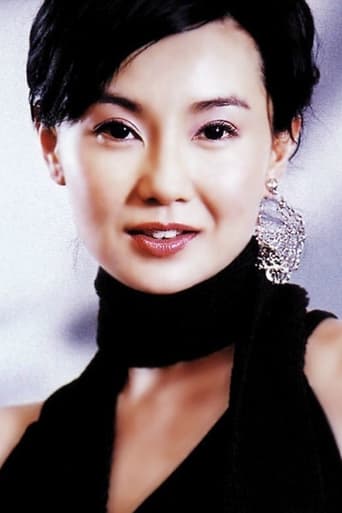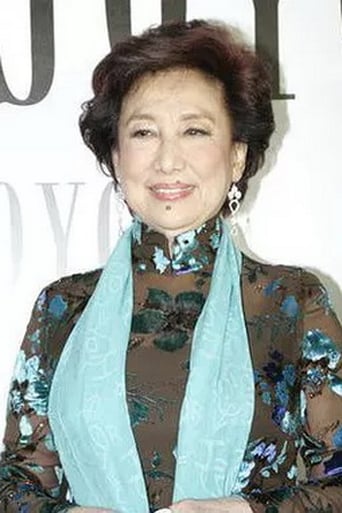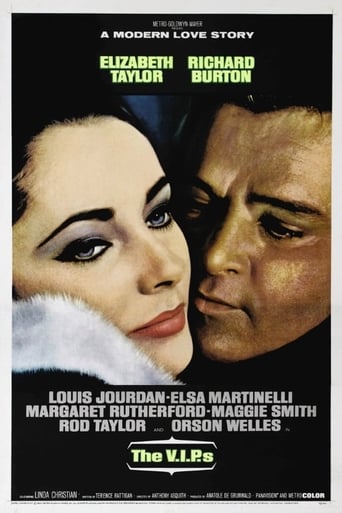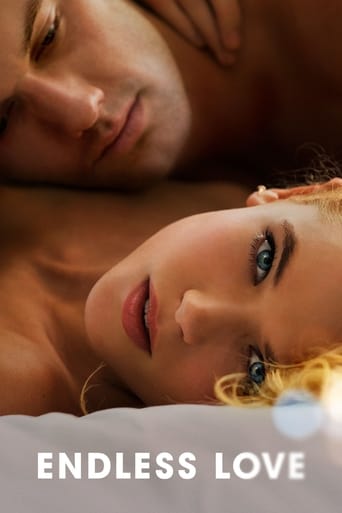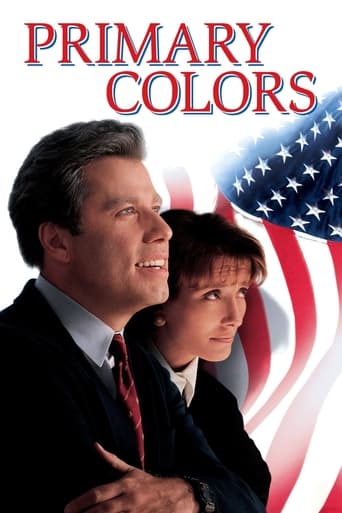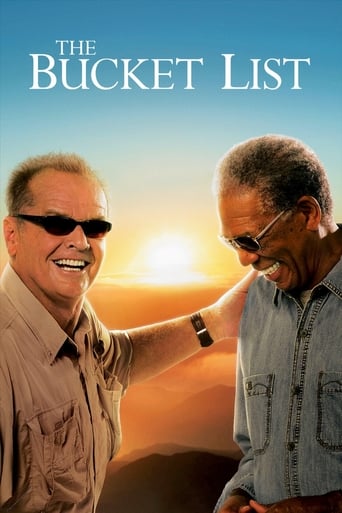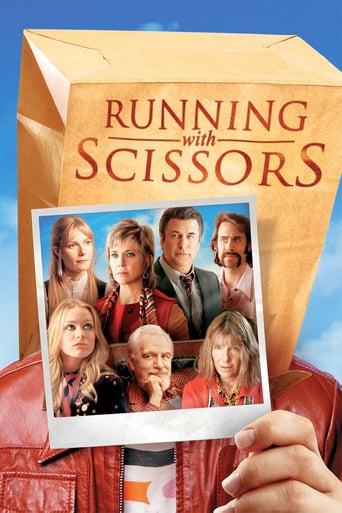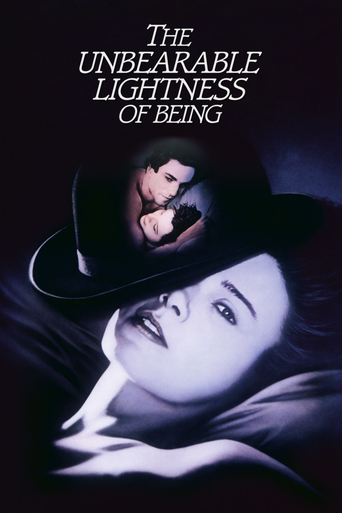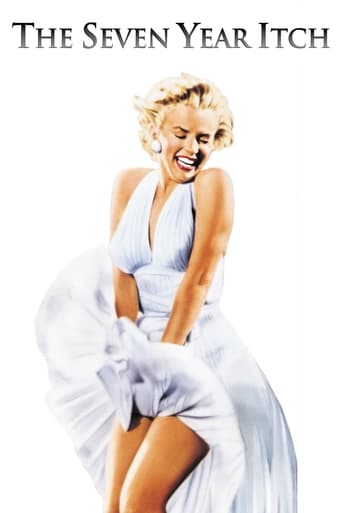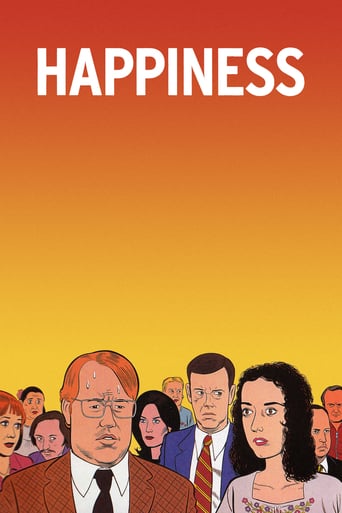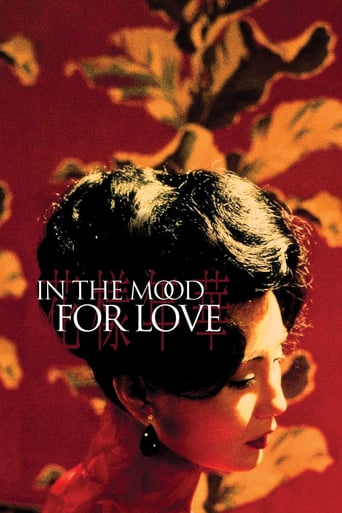
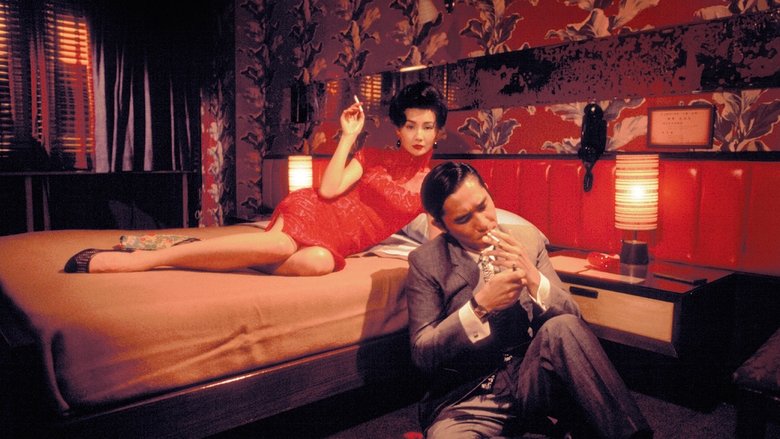
In the Mood for Love (2001)
In Hong Kong of 1962, Mrs. Chan and Mr. Chow, a journalist, move into neighbouring apartments on the same day. Their encounters are formal and polite—until a discovery about their respective spouses creates an intimate bond between them.
Watch Trailer
Cast
Similar titles
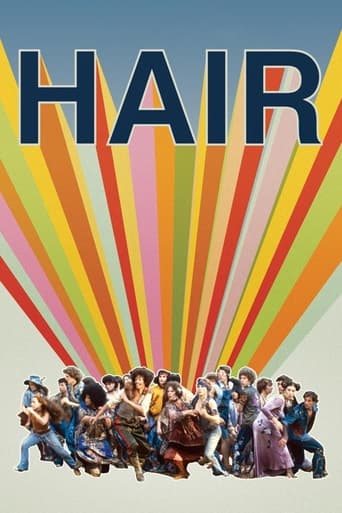
Reviews
You won't be disappointed!
Good story, Not enough for a whole film
A Masterpiece!
Let me be very fair here, this is not the best movie in my opinion. But, this movie is fun, it has purpose and is very enjoyable to watch.
Set in Hong Kong, 1962, In the Mood for Love depicts a pair of quiet, introverted neighbors who discover that their spouses have been carrying on an extramarital affair. As a means of coping with this mutual heartbreak, they begin spending time together - bonding over martial arts serials and a mutual curiosity about their significant others' double lives - and are shocked to uncover the flicker of a budding romance themselves. Their sense of honor, propriety and, perhaps, a jolt of fear stands in the way, though, and the pair treads cautiously lest they commit the same sins that first brought them together. That central conundrum proves impossible, ultimately, and it's an issue the film never completely resolves despite toying with the subject for quite a while. Which, in a way, is the most relatably authentic path it could've chosen. Sometimes life is defined by what happens between those narrowly-missed connections, those epic romances that could've been but weren't. Actually reaching that conclusion is somewhat laborious, as director Wong Kar-Wai dallies about with only faint plot developments for most of the duration, but I didn't mind that so much. The marvelous cinematography, rich supporting cast and lush, detail-laden scenery provides interest where the story itself might otherwise fall short.
Or if you need to just set up your mood for "LOVE" - watch this! Seriously!The opaque and ashen ache of stolen moments, and the often painful passage of time hangs heavy upon Hong Kong filmmaker Wong Kar-Wai, particularly in his masterpiece from 2000, In the Mood for Love. As anthem to the agony and ecstasy of close-lipped affection, this film, more than any other in Wong's considerable oeuvre, is a Proust-like conjuration of memory and misgiving.The second instalment of a rather loose trilogy that began with Days of Being Wild (1990) and concluded with 2046 (2004), The Mood unravels in Hong Kong, 1962, cantering on two neighbours living in a close quarters tenement house.Maggie Cheung and Tony Leung shimmer as Su Li-Zhen and Chow Mo-wan, the neighbours in question, who rightly suspect their respective spouses are having an affair. Leung and Cheung, it must be said again and again, are wondrous in these roles, and are every bit as iconic as Bogie and Bacall before them. The fugitive motions and fleeting looks of chiming clocks, the whirling of smoke rising from a cigarette, and the sentimental croon of Nat King Cole super-abound Wong's elegant period drama. Mr. Chow is something of a journalist, Mrs. Chan is a secretary for a shipping company, and soon the two of them will find themselves in the ephemeral fog of anguish, contrition, and the sweetest nostalgia. As next-door neighbours in close approximation they soon discover that their spouses are always absent at the same time. Their lives intersect more and more and soon a strange and strained relationship forms between them both. As a sensual memory piece In the Mood for Love is luminous, and the slowly simmering romance therein is an inextricable blending of physicality and formalism.Initially, it was supposed to be made fast, dirty, and on the cheap, in a fashion not unlike Chungking Express (1994). Maybe it was inevitable that this project, a long gestating follow-up to Days of Being Wild, concerned with pain and longing, should inflict similar damage on its designer, for Wong's anguish is palpable in every loving, wistful, and spectacularly detailed frame. The bright colours and unconventional compositions that Wong's name became synonymous with in the 1990s is here faultlessly fulfilled, even when hemmed in. The film renders on an intimate scale the intersection of misery and euphoria, of romance in retrospect, and makes it into cinema's saddest song of love lost to history.Just so you know: The film's original Chinese title, meaning "the age of blossoms" or "the flowery years" – Chinese metaphor for the fleeting time of youth, beauty and love – derives from a song of the same name by Zhou Xuan from a 1946 film. The English title derives from the song, "I'm in the Mood for Love." Give it a watch, you will regret nothing.
One of the finest film made by the director Wong kar wai. this film beautifully tells the story through marvellous cinematography and production design. every frame is like a painting for Wong kar wai as he has delicately planned and shot. Actors performance are based on the improvisation made on real dialogue/script written during the shoot which also comes as natural conversation. Wongkarwai has used his content and knowledge very well along with the detailing in the story such as change in the weather, talking about certain food items etc. Lighting of the film also addressed smartly the mood and emotion of the character and location. High contrast with good color make you really mad with your eyes. Approach of the characters towards the situation is also a key to set the mood correct.
The slow-moving, slow building, simply-lit and simply set, but beautiful shots are absolutely amazing to behold in this romantic film. It's a love story, that is just as much in love with itself, as the characters are with each other. It captures forbidden love, and betrayal of love, in it's most visual essence. Also, If you ever wondered where the idea for the whisper at the end of Lost in Translation comes from, it's this film. The end of this film is however, arguably more magnificent.

